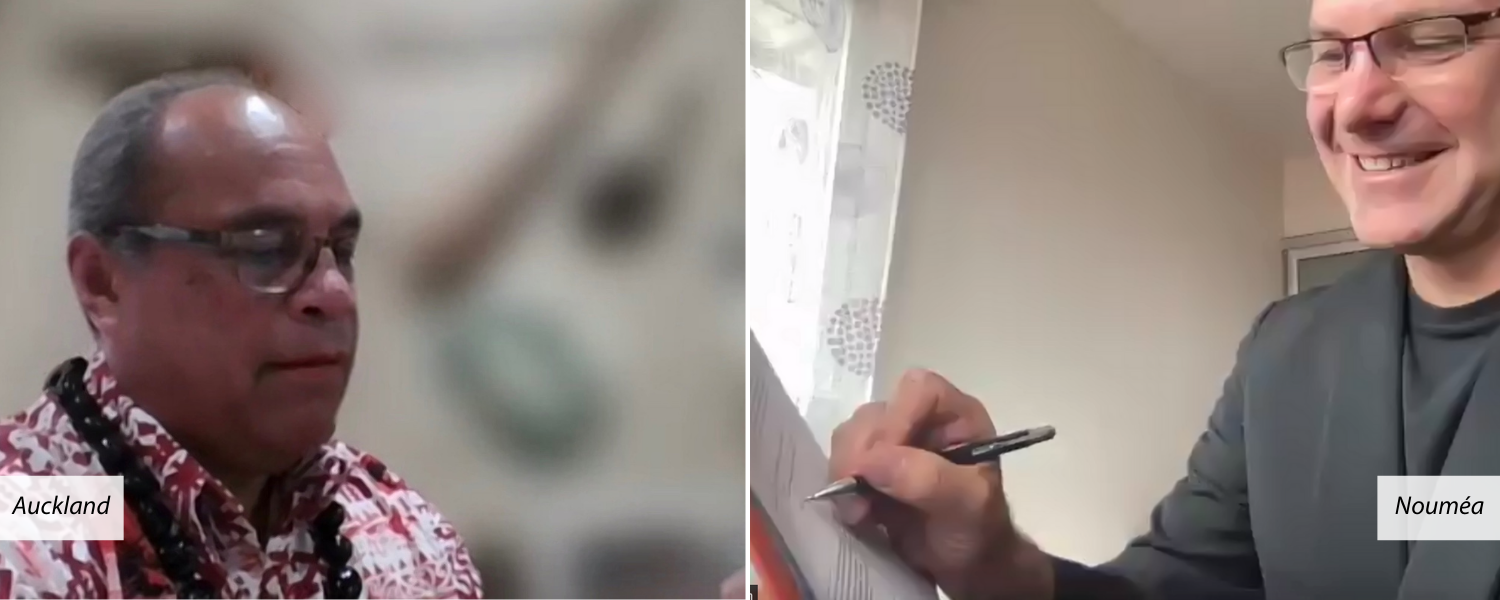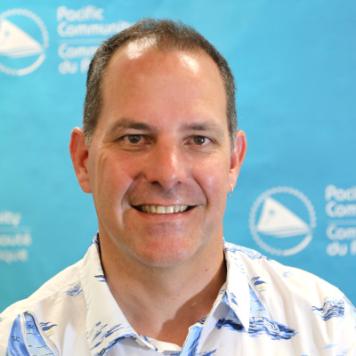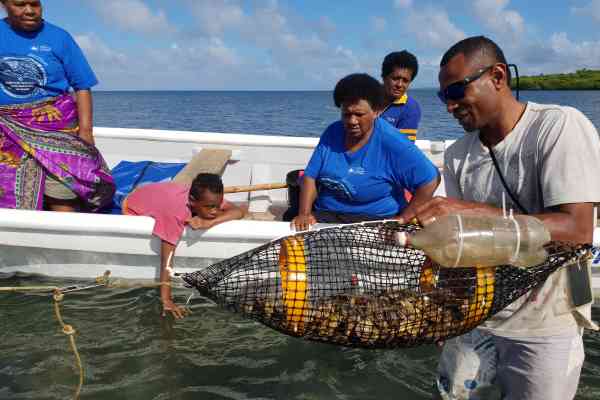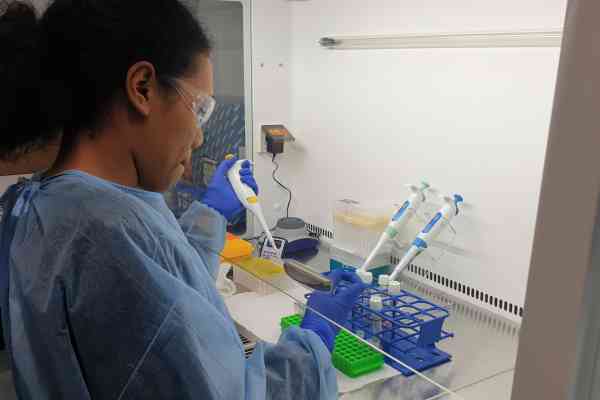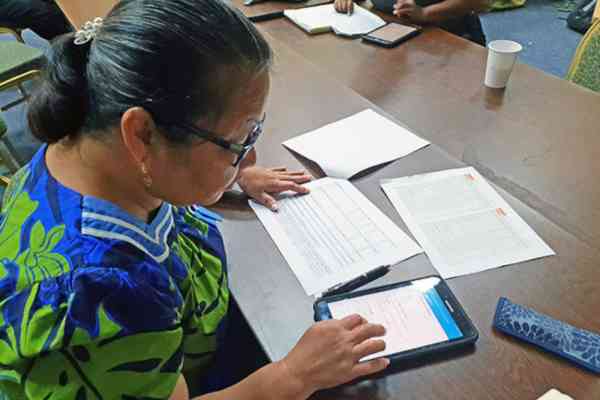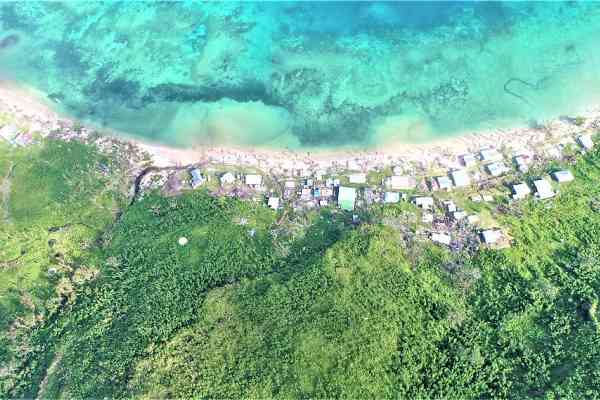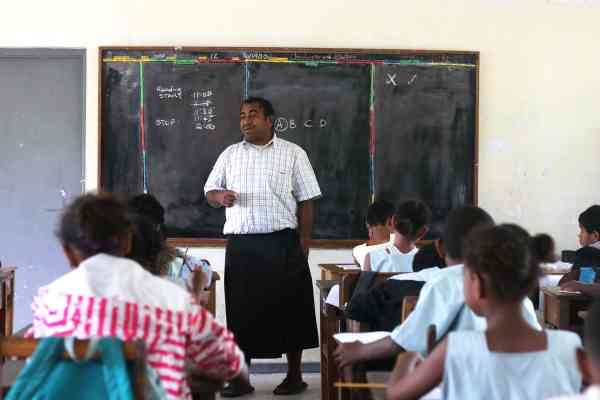I recall vividly the first days of COVID-19, when the Pacific – and the world – discovered this new disease which was going to so deeply upset all of our certainties. For intergovernmental organisations such as the Pacific Community (SPC), agility and innovation suddenly became a vital need.
Without our region’s capacity to innovate, it would not have been possible to adapt our programmes to meet the new needs caused by the pandemic. Foremost amongst these needs was helping our member countries and territories launch their COVID-specific responses, assisted by our partners , and help them identify and face the underlying economic and social consequences of the pandemic. Effective innovation was a key to this response.
There is an essential ingredient for innovation to flourish: the quality of the relationships between an organisation such as ours and its development partners, and in particular, the trust inherent in that relationship. Without this trust, there is no flexibility, and without flexibility, there is no innovation.
The ongoing relationship that SPC has with New Zealand’s Ministry of Foreign Affairs and Trade (MFAT) is a unique example at a time when the very idea of multilateralism in our region is often challenged.
Beyond just the financial aspects of this relationship, the trust that New Zealand has placed in SPC since its inception in 1947 revolves around common guiding principles which are now included in the “partnership refresh” that we have just signed: Kaitiakitanga (our mutual stewardship and care for the wellbeing of the region); Kotahitanga (our common purpose); Manaaki (kindness or the reciprocity of good will); and Whanaungatanga (our connectedness or kinship).
These four essential notions, which reflect the depth of our relationship and our mutual trust, are also an invitation to help the region respond to the major challenges it faces: climate change, preservation of land and marine resources, social inclusion, and access to health.
MFAT has shown its trust in SPC by pioneering different models of funding. In addition to standard project funding, MFAT’s commitment to providing SPC with core and flexible programme funding, allows our teams to innovate, focus on impact and results, to adapt, to try new ideas locally and take them to scale. A great example is the “Funding with intent” mechanism, which provides SPC with an annual envelope of NZD 400,000 to foster innovation, notably through the incubation of new projects, the amplification of existing initiatives and the development of innovation-focused capacity building programmes within our member countries.
MFAT’s willingness to support these types of initiatives and innovations has led to many great projects such as the Pacific Data Hub, which is a one-stop shop for data related to the Pacific region; the Pacific Marine Specimen Tissue Bank, a collection of biological samples of pelagic fish species from all over the Pacific Islands region; the adoption of new methods which drastically reduce the costs of Household Expenditure and Income Surveys. These are in addition to the many other projects we have implemented together for nearly 75 years.
Coming back to COVID-19, like the rest of the world, SPC was surprised at how quickly the pandemic spread, and the impact it had almost immediately on the Pacific development sector. We had to make important decisions in a very short timeframe. Long term health projects such as the fight against non-communicable diseases, had to be redirected and pivoted to strengthen our members’ capacity to respond to this new and urgent pandemic threat.
The ability to pivot so quickly was made possible in part thanks to the flexible nature of the funding programme allocated to us by MFAT, and other key development partners. Because programme funding is provided to support divisional business plans and results, a change in priority could be readily adapted, without needing to renegotiate fixed project activities.
Today SPC and MFAT celebrate our partnership at a time when the Pacific faces major threats, but also unprecedented opportunities.
We will continue to nurture this multilateral approach together, for many years to come, and help the countries and territories of our region to rebuild from the COVID-19 crisis. With this spirit of cooperation we can support the Pacific to build societies where everybody can achieve their full potential.
